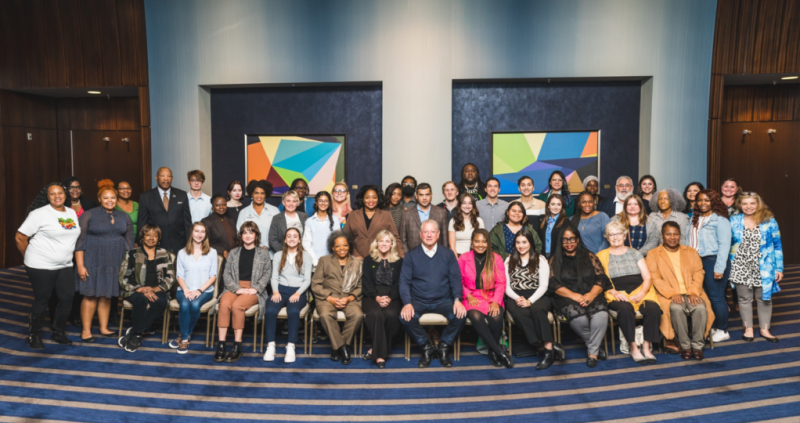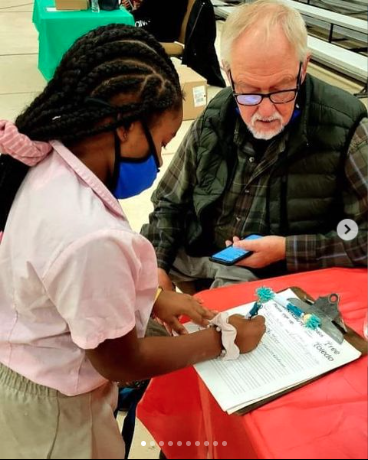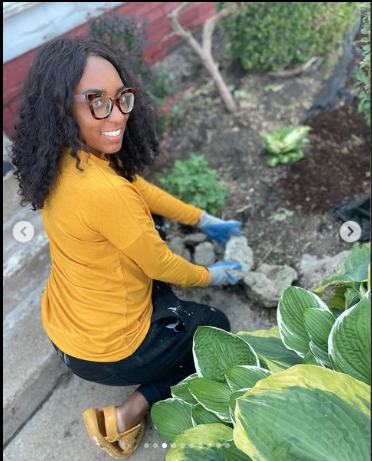
Once a vibrant, thriving community of 30,000, only 7,000 residents now live in the Junction neighborhood of Toledo, OH. Eighty-five percent are African American, more than half live below the poverty line, and 45% of Junction’s land parcels are vacant. According to the EPA’s Environmental Justice Screen, the risks and impact from wastewater discharge and air toxins cancer are higher than 89% and 95% of all census tracts respectively. The Junction Coalition, founded in 2012, works to change that by empowering community voices, cultivating healthy relationships and developing a better quality of life through economic justice, environmental justice, social justice, and peace education. TJC helped create a comprehensive neighborhood Master Plan to build community capacity, expand business and employment opportunity, renovate and develop housing stock, enhance open space and recreation, and improve public transportation – all to create a viable, safe, and sustainable community for everyone.

“Pictures from the Health Fair event. Thank you to all of our partners and sponsors as well as our Junction Community. This event would not have been a success without our community and amazing staff.” Photo: Instagram, November 2021
The Junction Coalition is built upon four pillars – Social Justice, Environmental Justice, Economic Justice and Peace Education – all in support of families of the Junction Community. With that foundation at the forefront, they are working on safe and healthy homes through maintenance and care of properties; eliminating illegal dumping and beautifying areas as plans are created to repurpose vacant spaces; better lighting in crime-prevalent areas; safer areas for their children when playing and walking to school; and better air quality by planting trees throughout the Junction neighborhood that will address the challenges of heat island effects. By addressing these issues, Peace is created within the Junction Community.Ultimately, TJC aims to create what developers and municipal authorities have long desired but failed to maintain: a thriving district that generates holistic prosperity in its neighborhood with care for people, space and relationships.

“Some of our youth, volunteers, and others working within their community! Rock the Block was an amazing success!” Photo: Instagram, June 2022